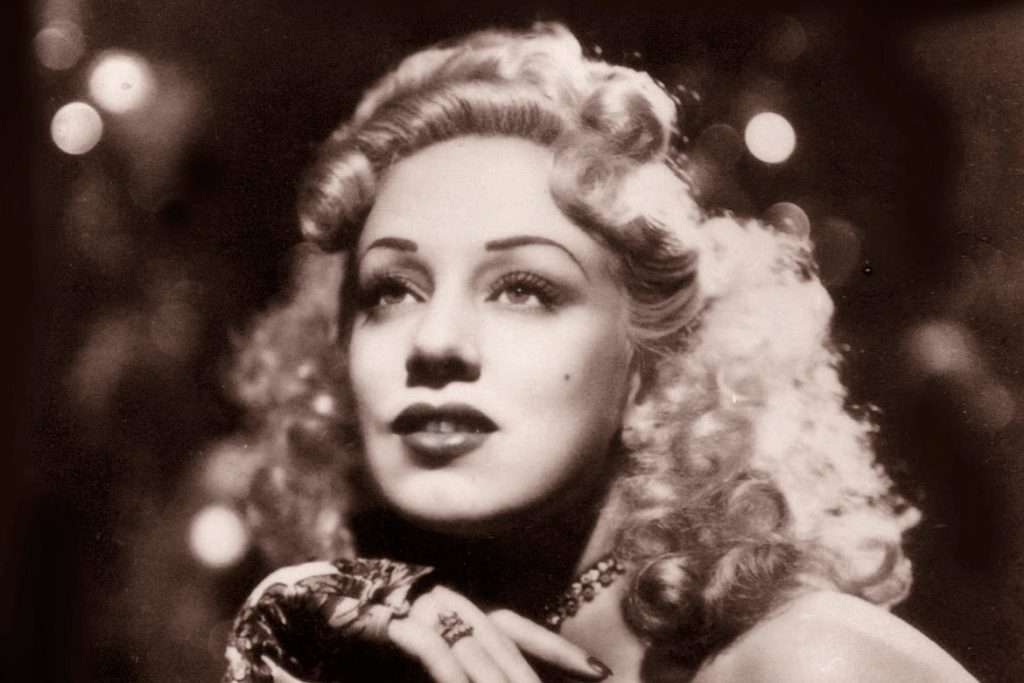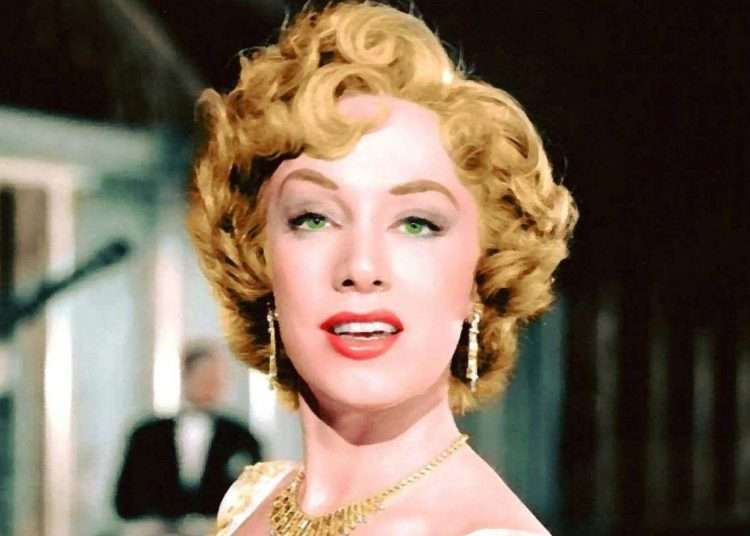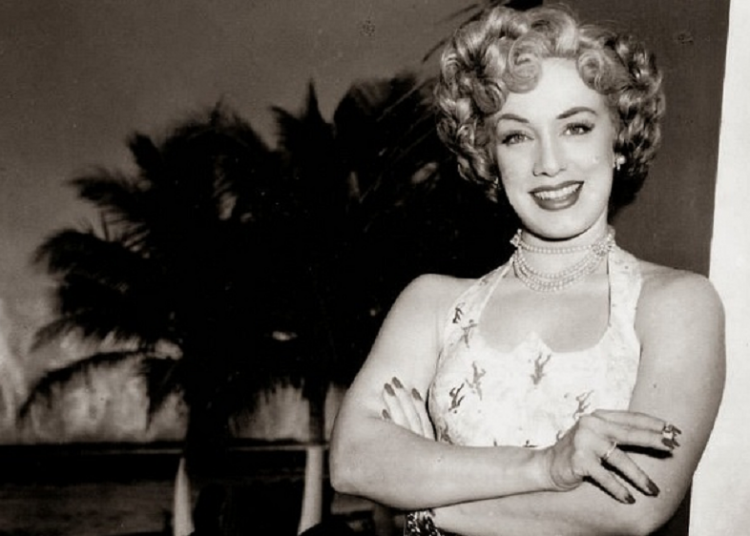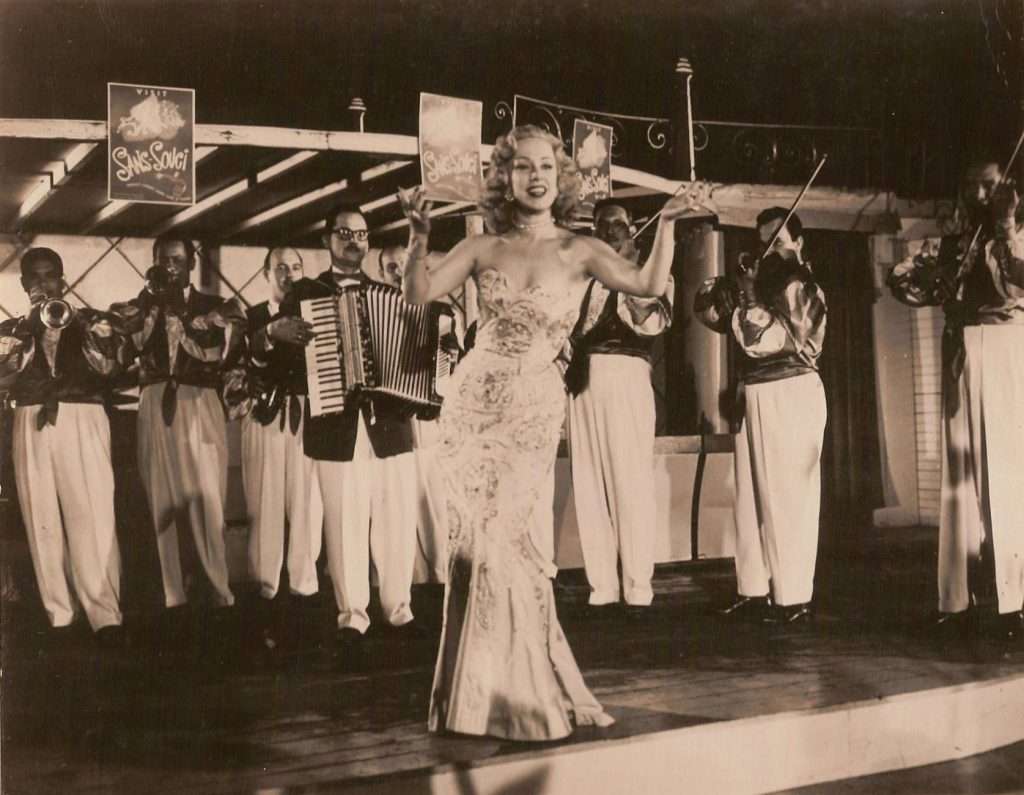They say that at the age of 13, living in Spain, her passion for art awoke in her. On board the Manuel Arnús ocean liner, she performed for the first time in public, accompanied at the piano by another passenger. She interpreted the tango “Silencio en la noche,” by Horacio Pettorossi and Alfredo Le Pera.
The daughter of the couple formed by Guadalupe Bonavia and Santiago Palet, raised by her stepfather José Fornés Dolz, appeared at the age of 15 in the popular space La Corte Suprema del Arte, singing the milonga “La hija de Juan Simón,” by Nemesio Manuel Sobrevila. From then on and until the last day of her life, Rosa Fornés (New York, 1923) was a diva, on par with the greatest in the world.
Few artists have been able to go through so many stages successfully in theatre, radio, television, cabaret, opera, light opera and cinema. In her it was the result of an unquestionable talent and a life focused on what she knew how to do: art.
One hundred years after her birth, Rosa Fornés — for Cubans, simply Rosita — is evoked by some as a symbol of beauty and others recognize her more as one of the best performers in Latin America, a brilliant actress in drama and extraordinary in comedy.

We still need to understand how the myth was formed and grew at a time when there were other stars with similar characteristics. Stopping only in the glamor of Fornés is doing an injustice to Rosalía Lourdes Elisa Palet Bonavia.
“Frivolity was not her choice, nor was it her characteristic. On the contrary, she opted to work on each stage, in each medium, in front of each microphone with the meticulousness of a goldsmith, with a true passion for excellence and, something important, giving herself and serving her audience with proverbial and responsible devotion,” maintains Cuban musicographer Rosa Marquetti.
“Always La Fornés”
At the Martí Theater, where the Havana people said their last goodbye to the Diva, 122 artists took the stage this weekend (Saturday, 7:00 pm and Sunday, 5:00 pm) to celebrate Rosita’s hundred years. The show “Siempre La Fornés” is directed by Alfonso Menéndez. About his ties with the vedette, he told OnCuba:
“I debuted with Rosa on October 15, 1988. The first time my name appeared in a printed newspaper, it was in a show with her. My first rehearsal, my first review, my first outing outside of Cuba at the Teatro Principal de México…was thanks to La Fornés. Therefore, you can imagine what she means in my professional and personal life. Working with her was good and bad at the same time. Well, because it was too easy to stage any number for her. She was a true teacher. And bad, because when working with other colleagues you noticed the tremendous talent that she possessed, a powerful intuition. I’s also necessary to talk about the magnificent human being that she was. We last worked in 2013 for her 90th birthday and I visited her in May 2017 for an interview featured in the documentary Hacer todos los días. For this and many other reasons, we have decided to do the show for free, in honor of Rosa.”
“I’m still a vedette”
As a testimony of her triumphant passage through life, the recordings of Rosa Fornés remain. When she died at the age of 97 in Miami, she was admired by millions.
“Yes, I’m still a vedette,” she emphatically declared to journalist and researcher Mayra Martínez for her book Cuba en voz y canto de mujer (2018). She then added:
“I also think that I will never be able to do without that adjective, because I earned it with my effort. And finally, there is a truth: as I have always enjoyed all facets of my work so much, which has made me live and maintain the youth of my spirit, as long as I make art I will be happy. I don’t care about the qualifiers.”

















